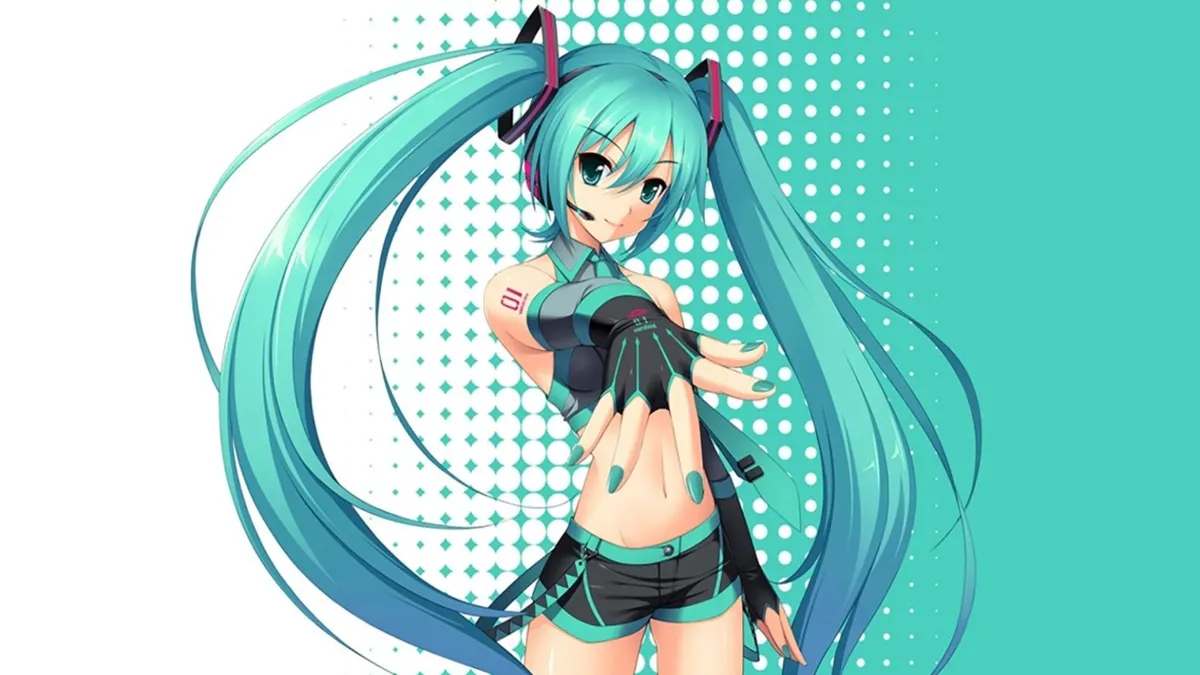In the ever-evolving landscape of virtual idols and digital performers, one name stands out among the rest: Hatsune Miku. With her iconic turquoise hair and ethereal voice, Miku has captured the hearts of millions worldwide, transcending the boundaries between fiction and reality. But what is it about Miku that sets her apart from other Vocaloid characters like Luka or Len? Why has she become the undisputed queen of the Vocaloid universe?
The answer lies in Miku’s unparalleled popularity, rooted in her status as the first character series Vocaloid software package. This head-start gave producers a unique opportunity to build up her song library, paving the way for her meteoric rise to fame. With an extensive repertoire of songs spanning various genres and styles, Miku quickly became synonymous with Vocaloid music, captivating audiences with her versatility and charm.
One of the key factors behind Miku’s dominance is her widespread exposure. Thanks to her extensive song library, Miku gained significant traction in online communities and music platforms, garnering attention from both fans and creators alike. This exposure propelled her to the forefront of the Vocaloid scene, solidifying her position as a cultural icon.
Moreover, Miku’s popularity translated into tangible success, driving sales of her software and merchandise. As her fanbase continued to grow, demand for Miku-related products soared, further fueling her mainstream appeal. From concerts and collaborations to video games and virtual reality experiences, Miku’s influence permeates various aspects of popular culture, cementing her status as a global phenomenon.
But Miku’s appeal extends beyond mere popularity; it lies in her ability to inspire creativity and imagination. As an avatar of virtual expression, Miku embodies the limitless possibilities of technology and artistry, empowering individuals to unleash their creativity and share their stories with the world. Whether it’s composing original songs, creating stunning artworks, or choreographing mesmerizing dance routines, fans find endless ways to express their love for Miku and the Vocaloid community.
In contrast to other Vocaloid characters, Miku’s pioneering role and extensive song library have undoubtedly contributed to her enduring popularity. While characters like Luka and Len possess their own unique charm and appeal, they may not enjoy the same level of exposure or recognition as Miku. However, it’s essential to acknowledge the diverse talents and contributions of all Vocaloid characters, each bringing something special to the table.
In essence, Hatsune Miku’s popularity transcends mere fame; it’s a testament to the power of creativity, community, and innovation. As she continues to captivate audiences worldwide, Miku remains a shining beacon of inspiration for generations to come, reminding us of the boundless potential of virtual idols and the transformative impact of music and technology.

